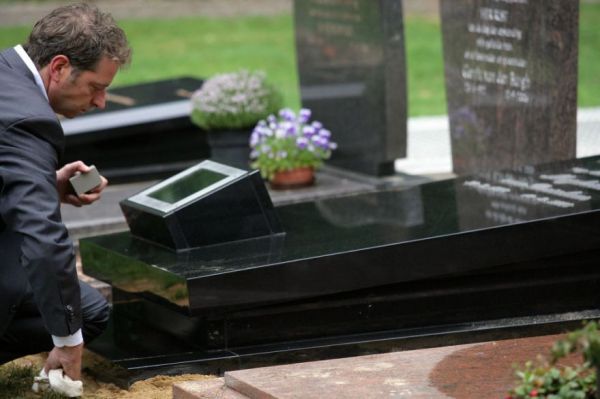
Paying your respects to the digital dead
Ethicists say we need to respect the “digital remains” of the deceased.
Every year, 1.7 million Facebook users pass away, leaving behind their personal profiles. Social media platforms have been quick to capitalise on this opportunity, and several apps and websites have developed that allow you to engage with the profiles of the dead.
Yet Oxford ethicists Luciano Floridi and Carl Öhman argue that we may be acting unethically if we exploit the data of deceased. This material is more than mere property of the deceased person – it is “constitutive of one’s personhood”.
In a paper in Nature: Human Behaviour entitled “An ethical framework for the digital afterlife industry”, Floridi and Öhman argue that digital remains of the deceased must be treated with “dignity” – they “may not be used solely as a means to an end, such as profit, but regarded instead as an entity holding an inherent value”.
Floridi and Öhman look to regulations already in place for the use of human remains in Museums. They suggest that analogous regulations could be developed to monitor the digital afterlife industry.
“A good model is provided by archaeological and medical museums, which exhibit objects that, much like digital remains, are difficult to allocate to a specific owner and are displayed for the living to consume…A document of particular interest is the International Council of Museums (ICOM) Code of Professional Ethics…As museums often sell and produce replicas of exhibited objects (human or not), the code […] specifies that ‘all aspects of the commercial venture’ must be carried out with respect for ‘the intrinsic value of the original object’.”
Floridi and Öhman outline a series of draft regulations to which “digital afterlife firms” should conform:
(1) consumers are informed on how their data may come to be displayed postmortem; (2) users are not depicted radically differently from the bot that they originally signed up for; and (3) users only upload data that belongs to them personally, that is, not making bots out of a deceased relative or friend.
Paying your respects to the digital dead
Xavier Symons
Creative commons
https://www.bioedge.org/images/2008images/funeral_digital.jpg
artificial intelligence
facebook
internet
software
